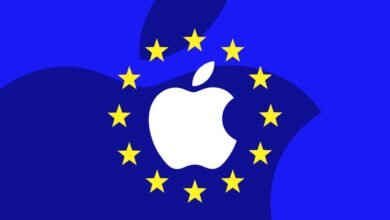Brave Browser Blocks Microsoft Recall from Tracking You

▼ Summary
– Brave browser will block Microsoft’s Recall feature from taking screenshots of browsing activity starting with version 1.81, citing privacy concerns.
– Brave achieves this by labeling every tab as private, leveraging Microsoft’s exclusion of private browsing windows from Recall’s snapshots.
– Users can manually enable Recall in Brave by adjusting settings under “Privacy and security,” though it’s disabled by default.
– Recall, an AI-powered feature for Copilot+ PCs, captures user activity snapshots but has faced criticism as a potential privacy risk.
– Microsoft has made adjustments to Recall, including encryption and user control, but privacy concerns remain among users and experts.
Brave Browser Takes a Stand Against Microsoft’s Recall Feature to Protect User Privacy
The Brave browser is stepping up its privacy game by blocking Microsoft’s Recall feature from capturing screenshots of users’ browsing activity. Starting with version 1.81 on Windows, Brave will automatically disable Recall’s ability to monitor tabs, ensuring sensitive data doesn’t end up in a persistent database. This move aligns with Brave’s commitment to privacy-first browsing, particularly for users in high-risk situations like domestic abuse cases.
Brave’s approach cleverly leverages Microsoft’s own framework. Since Recall excludes private browsing windows by default, the browser labels every tab as private, effectively shutting out the feature. Users who still want Recall enabled can manually toggle it off in the Privacy and security settings, though Brave strongly advises against it.
Recall, currently exclusive to Copilot+ PCs, debuted as an AI-powered tool designed to act as a digital memory for Windows. By capturing snapshots of user activity, it promises faster retrieval of past actions. However, critics argue the feature poses significant privacy risks, with security experts dubbing it a potential “nightmare” for user confidentiality.
Microsoft has attempted to address concerns by encrypting snapshot data and restricting access to the user alone, requiring Windows Hello authentication. Despite these measures, skepticism remains, prompting companies like Brave and Signal to take matters into their own hands. Signal previously announced it would block Recall from screenshotting chats, though its method disables all screen captures, unlike Brave’s targeted approach.
Brave’s decision reflects growing industry pushback against invasive tracking. While Recall aims to enhance productivity, its implications for data security continue to spark debate. For now, privacy-conscious users have another reason to consider Brave as their go-to browser.
(Source: ZDNET)





